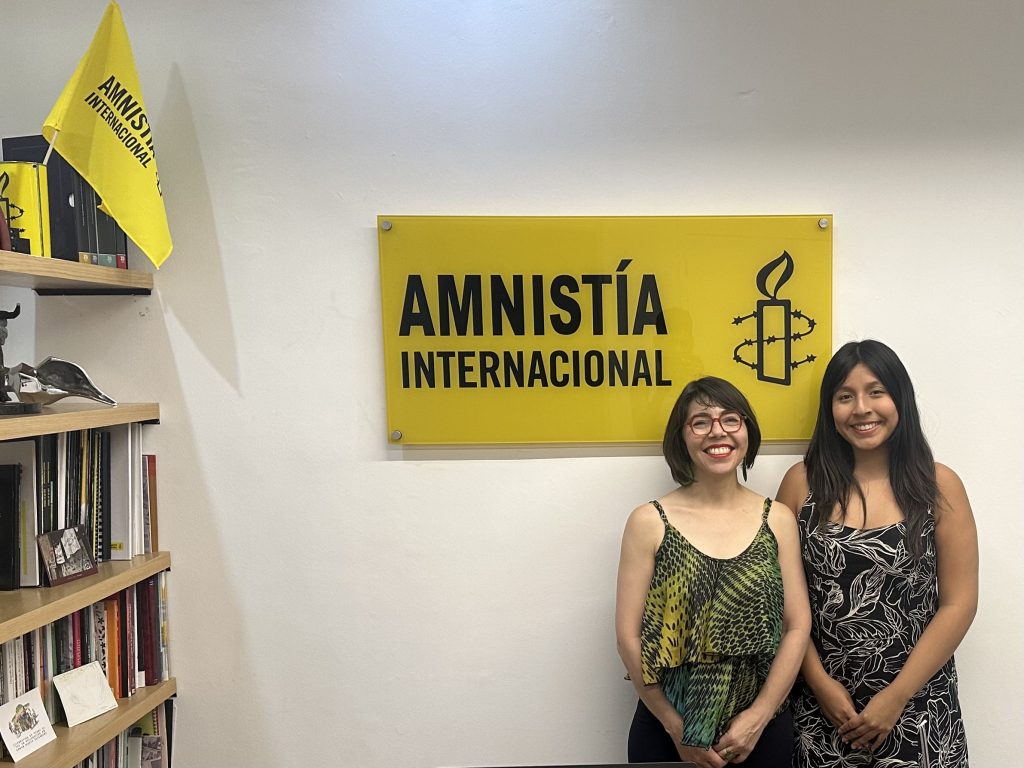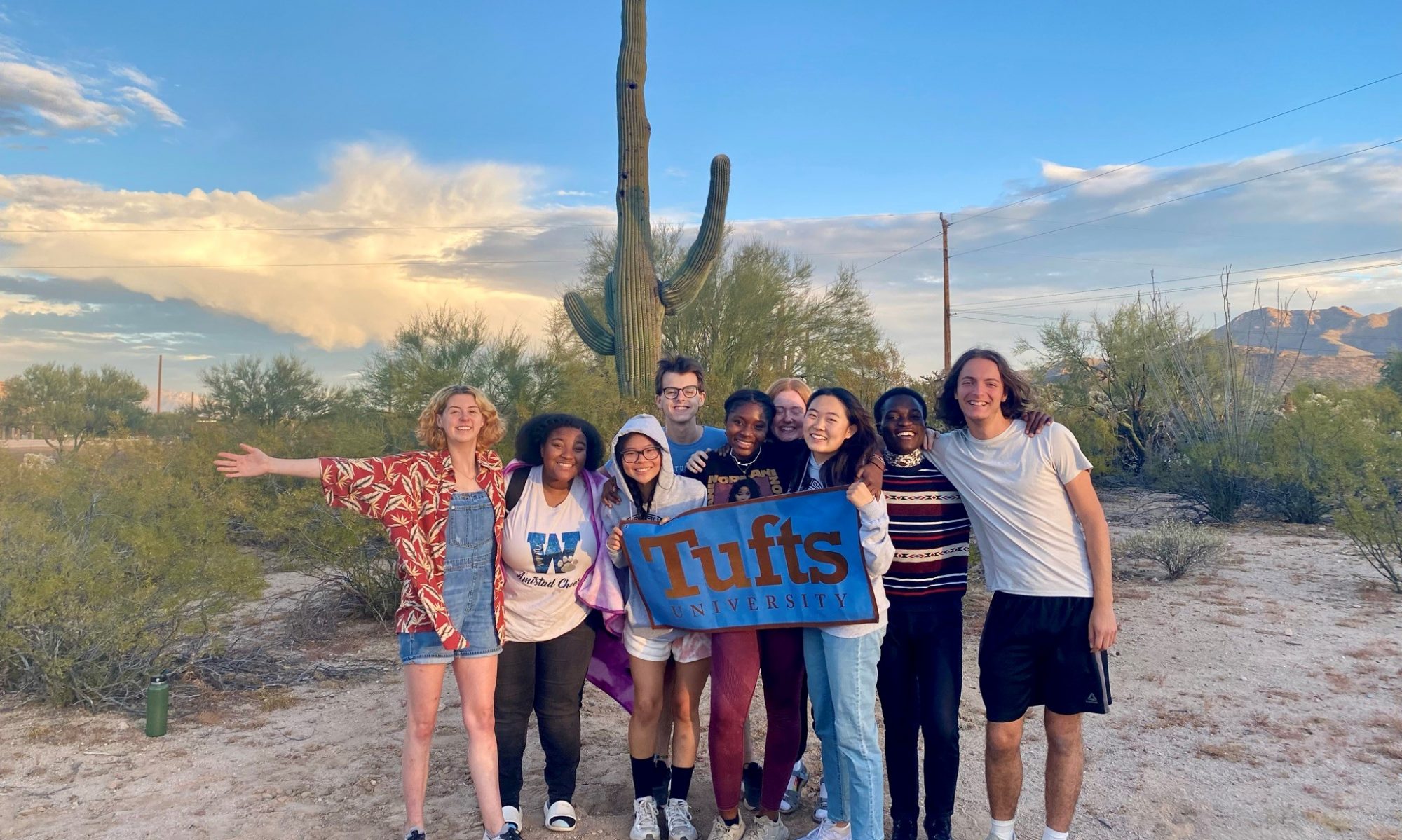By Ariadna Condezo Trinidad

The group representing the Latin American Committee (LAC) arrived in Mexico City on Monday May 20th. We have diverse research projects topics ranging from the revitalization of the Chinampas in Xochimilco to labor migration. My topic is about the role of civil society organizations in protecting and promoting freedom of the press in Mexico. According to Reporters Without Borders, Mexico is the most dangerous country without a declared war to be a journalist. In 2012, the government launched the Federal Mechanism for the Protection of Human Rights Defenders and Journalists —as a reaction to the demands by the civil society—; nevertheless, the mechanism has fallen short in ensuring their protection due to funding, staff shortage, and delays in processes. In order to collect information for my research project, I have been interviewing staff members of civil society organizations, such as Propuesta Cívica, a United Nations office in Mexico, Amnesty International, Article 19, and Comisión Nacional de Derechos Humanos. In my interviews with members from civil society organizations, I got to understand deeper the problem of freedom of expression of journalists, potential solutions, and the vital role that journalists play in the country.
Most of the violations of journalists’ human rights happen outside the capital. They take place in other states due to reports of journalists about corruption from government officials and organized crime. Without journalists reporting these cases, these situations would remain in the dark and the population would be unaware of the sociopolitical dynamics taking place in other parts of the country. Thus, journalist work is essential in Mexico. However, it comes with a lot of risks and challenges. Some of the challenges include that the job is not well remunerated and it is time consuming. The risks come when journalists are being threatened due to their work, disappearances, physical attacks, murder attempts, and ultimately homicides. Among the civil society organizations it is clear that the Federal Mechanism needs to be strengthened. Currently, the Federal Mechanism receives more cases than it can handle. It takes a lot of time to process cases and some organizations question the risk analysis the mechanism does in order to decide whether to provide protection to a journalist. The most extreme measure of the mechanism is the extraction of the journalist and sometimes the family from their place of residence to relocate them in another part of the country. Usually the chosen place for relocation is Mexico City as it is believed that there is less violence against journalists there than in other states. One thing the mechanism can improve is the monitoring of the families, especially in the psychological aspect. Relocating from your home comes with an emotional toll that is ignored by the mechanism. Families leave behind the future plans they had, their workplaces, the comfort of their house to seek safety. Some civil society organizations are committed to closing the gap in psychological attention by providing free resources and free therapy sessions with the families affected.
Another item that the mechanism does not address is the prevention of attacks on journalists. In the sphere, the civil society agrees that the government needs to create other organisms that are in charge of preventing the attacks. Adding a prevention measure to the current Federal Mechanism can play against journalists since it will require the mechanism to expand the resources they have in tackling more problems. This will lead to more problems and it will cause the mechanism to fail to tackle both the prevention and reaction measures. One interesting thing I learn from my conversations with leaders of civil society organizations is that there are some states that would like to create laws for the protection of journalists. However, there is a mistrust between local leaders and journalists since a lot of the attacks against journalists are originated by government officials. Thus, journalists do not trust any policy that local governments propose. Another point that is worth mentioning is how Andres Manuel Lopez Obrador’s administration has dealt with freedom of the press. AMLO’s administration has harshly criticized journalists that do not align with its policies labeling them as enemies. Furthermore, the administration targeted Article 19, an international organization with a presence in Mexico that defends freedom of expression, and accused them of wanting to impose the ideology in the country. After the accusation, the organization started receiving threats. A general concern among the civil society is that the civic spaces in the country have been closing down, not only in terms of press freedom but also in the matter of other human rights. They are unsure how this will develop in the following months as Mexico is currently undergoing presidential elections, but they hope the situation will get better.
